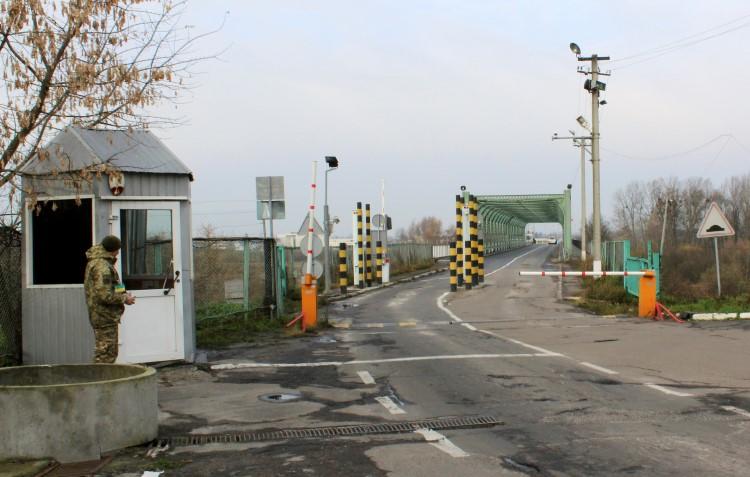Kiev, March 8, 2019–The Committee to Protect Journalists today called on Ukraine to reverse its decision to ban Christian Wehrschütz, a veteran reporter for the state-run Austrian Broadcasting Corporation, from entering the country for one year.
“Denying entry to an independent, international reporter is not a suitable step for a country that says it’s on the path to greater integration with Europe,” said Gulnoza Said, CPJ’s Europe and Central Asia program coordinator, in New York. “We call on Ukrainian authorities to allow Christian Wehrschütz to report from the country without obstruction.”
According to a Facebook post by Ukraine member of parliament Olha Chervakova, who heads the parliamentary committee on free speech and information policy, Wehrschütz is barred from entering Ukraine for one year starting on March 6 because he poses a threat to national security and had illegally entered Russia-occupied Crimea and territories under control of Russia-backed separatists in eastern Ukraine. Chervakova cited information from the Security Service of Ukraine in her post.
Chervakova’s post also alleges that since Russia’s annexation of Crimea and the beginning of the armed conflict in eastern Ukraine in 2014, Wehrschütz’s reporting had included “clichés of Kremlin propaganda” and “fake news” from Russian state media.
When contacted by CPJ on social media, Chervakova said that she believed authorities “ruled mildly” when imposing a one-year ban rather than a longer one, and she stood by the Security Service’s findings. The Security Service did not answer calls or immediately respond to CPJ’s emails.
Yesterday, Wehrschütz confirmed the ban in a Facebook post, while disputing the allegations against him. “I entered Crimea in the summer [of 2018] with Ukrainian special permission,” he wrote. Wehrschütz’s did not return CPJ’s requests for comment on social media.
Previously, Ukraine’s Ministry of Defense declined to extend Wehrschütz’s accreditation to cover the conflict in the country’s east, according to a statement by Harlem Désir, representative on freedom of the media at the Organization for Security and Cooperation in Europe, who also condemned the ban.
Austrian Foreign Minister Karin Kneissl called the ban “an unacceptable act of censorship,” according to Reuters.
